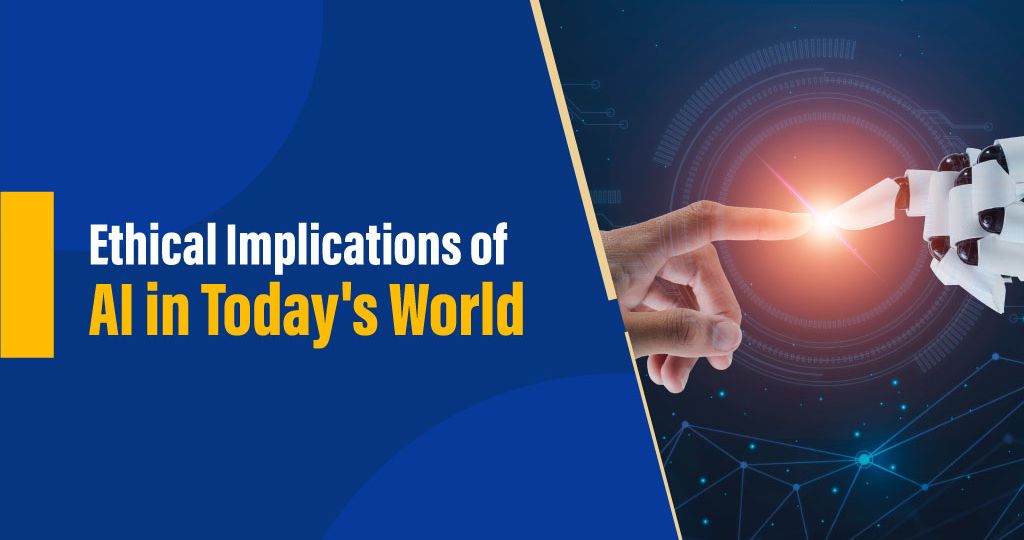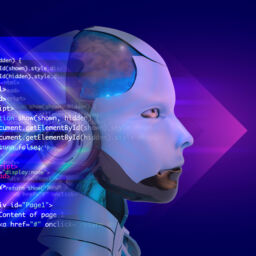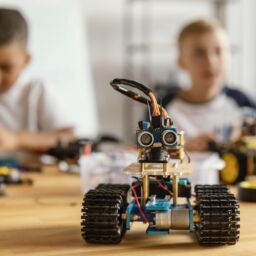
Artificial intelligence is now a trending and great transformative technology where it has influenced society. In this case, if the company is going to use artificial intelligence and machine learning technologies, then you need to prepare and address the ethical considerations and consider humanity in mind. The B tech AI and data science emphasis on learning how AI and data analysis are possible with these technologies whereas the need for ethical considerations needs to be promoted and have to explain the consequences of data breaches. The concept of ethics applies to how technology is used to accomplish goals and how technology systems operate in terms of humanity. In this article, you can find the top seven ethical implications of artificial intelligence in today’s world.
SEVEN implications of AI that engineers should know:
It is essential to consider the potential issues of artificial intelligence and concerns surrounding AI tools and their implications in today’s business. Let’s discuss the common concerns which AI engineers are required to know.
- Bias and discrimination: If the company uses AI systems to screen jobs after analysing their resumes, then the AI system is trained on historical data which may be biased in terms of gender or other factors. Then the AI system may learn and spread those biases and discriminate against the candidates who don’t match the historical data of the company. This is one of the examples of how AI-biased processes have significant effects. Usually, you can discover these AI-biased functions in areas like hiring, criminal justice and resource allocation.
- Social manipulation: In online resources, there is fake news, and misinformation whether it is politics, business or any other field. Somehow, AI algorithms can be exploited to spread misinformation or manipulation of people’s opinions and create social divisions. A better example of this social manipulation is deep fakes which are capable of generating realistic but fabricated audiovisual content. These issues need to be addressed effectively.
- Transparency: To be precise, considering the sector like healthcare or autonomous vehicles, transparency is crucial where how decisions are made and who is responsible for the outcomes. If the AI system causes any harm or error it requires corrective actions. Now, researchers are working on developing explainable AI which is expected to characterise fairness, accuracy and potential bias.
- Creativity: In recent times, you may see AI-generated art but when it comes to ownership who takes the credit is one of the impossible to answer. These emerging issues are evolving that symbolize AI advances and keep regulations. It means when human-created AI-generated art, then regulations need to clarify the ownership and provide the right guidelines for potential breaches.
- Privacy and security: The effectiveness of AI is often around the availability of large volumes of personal data. It means the effective usage of AI regarding how the information is collected, stored and utilized. It means that preserving individuals’ privacy and human rights becomes demanding safeguards against data breaches and unauthorised access. For an individual, the use of AI which acquires your data can be dangerous. It leads to someone accessing the personal data and the privacy of data is long gone.
- Job displacement: With AI automation advancements, it has great chances to replace human jobs and increase unemployment. Now there is a debate on AI replacing the knowledge of workers like robots replacing the manual labourers. Thus, these challenges need to be addressed and provide proactive measures like retraining programs or transition for affected workers.
- Autonomous weapons: Now AI advancements have caused the loss of human control over life and death decisions which require proper regulations to govern such weapons. These may limit the terrible consequences of autonomous weapons. Collaborations with the technology may lead to ethical issues when these concerns proactively engage and harness the incredible potential which shapes the future of socially responsible AI as the standard.
To conclude, artificial intelligence doesn’t know how humans feel. But technology has grown fast and powerful making humans inferior. This is one of the prime issues where AI thinks about what it actually means to be human. AI continues to automate jobs which expands them making new transitions along with the growth of technology. The above-mentioned are key ethical challenges which are required to be taken care of. The best colleges for artificial intelligence in Coimbatore need to educate the students in terms of ethical challenges and not only focus on the positive side of AI. There are existing laws and negative reactions from consumers which make them oversee those companies, many believe that AI is powerful and ubiquitous and many companies develop and use AI systems but the regulatory systems need to be in check.












